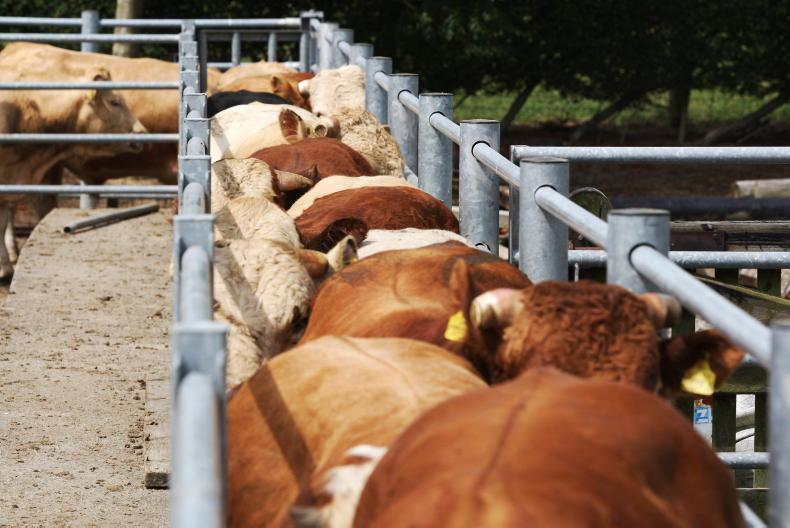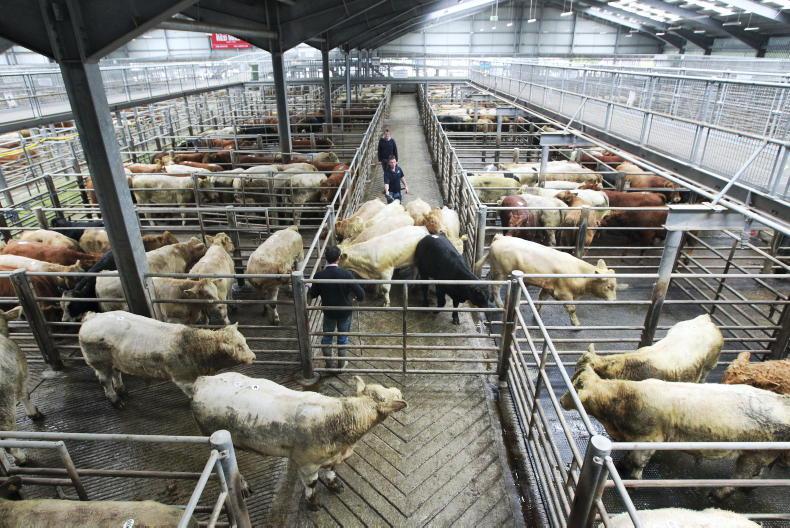The UK’s department of agriculture has confirmed that a case of bluetongue-3 was detected in a sheep showing clinical signs of the virus on a farm in south Norfolk on Monday.
The finding marks the first case of bluetongue detected in the UK in the 2024/2025 vector season and the first UK bluetongue case since March.
Its detection came after weeks of rising case numbers on the continent.
A total of 126 bluetongue-3 cases were detected across 73 farms in England during the 2023/2024 vector season, with the virus showing up in Kent, Norfolk and Suffolk.
New Norfolk case
A 20km temporary control zone is in force around the newly affected farm in south Norfolk, which will restrict the movement of susceptible animals - cattle, sheep and other ruminants.
Licensing restrictions also apply to susceptible species' germinal products, such as semen or embryos inside this control zone.
The need for vigilance has been reiterated by UK deputy chief veterinary officer Ele Brown, who called on farmers to stay on the lookout for clinical signs in their herds and flocks, reporting any suspected cases to the authorities.
Authorities in the UK have a surveillance programme in place to assess whether the virus is currently circulating, given the high risk of spread posed by current temperatures and levels of midge activity.
The culicoides midge is a vector of the disease whose activity increases during summer months.
The UK department also reiterated that free testing is available for those importing livestock from countries facing the highest risk to Britain.
No risk to humans
Brown stated that the virus does not pose risks to human or food safety, with meat or milk from infected animals safe for consumption.
“Bluetongue virus is primarily transmitted by midge bites and affects cattle, goats, sheep, goats, deer and camelids such as llamas and alpacas,” she said.
“The impacts on susceptible animals can vary greatly - some show no clinical signs or effects at all, while for others it can cause productivity issues such as reduced milk yield, while in the most severe cases can be fatal for infected animals.
“Bluetongue does not pose a threat to human health or food safety, but the disease can impact livestock farms and cause productivity issues.
“This is the first animal in England that has shown clinical signs and been unwell from infection with bluetongue.”








SHARING OPTIONS